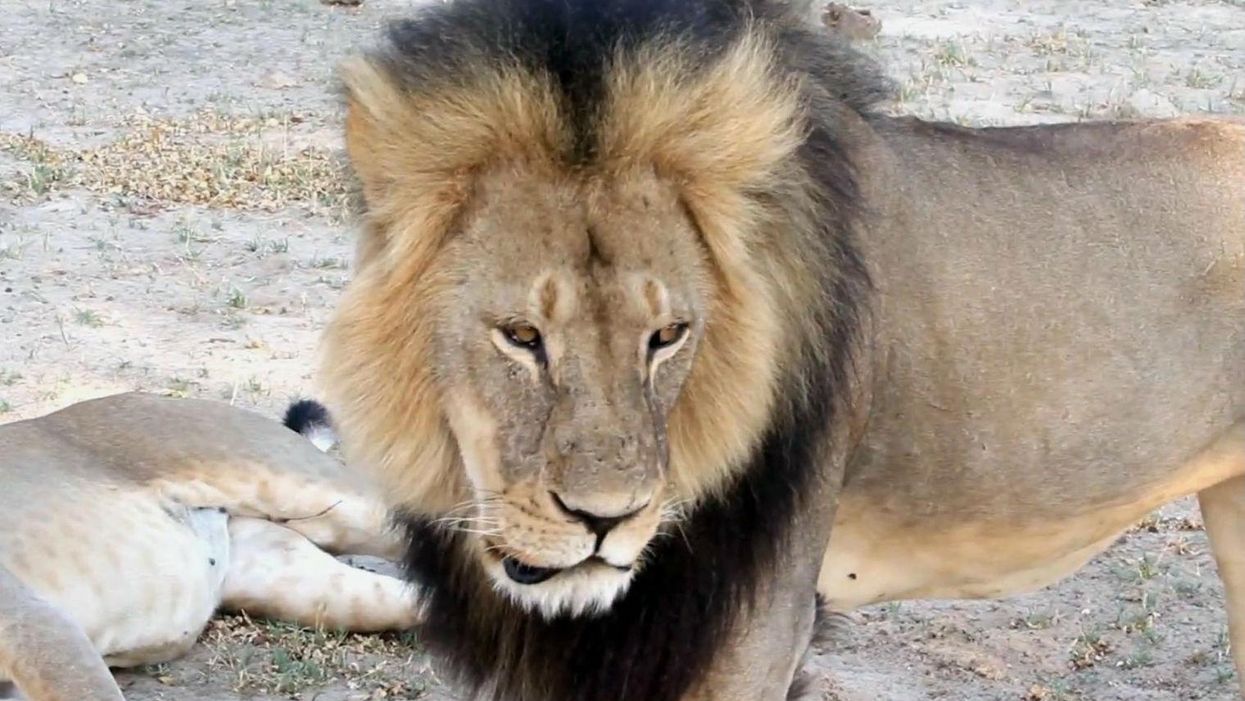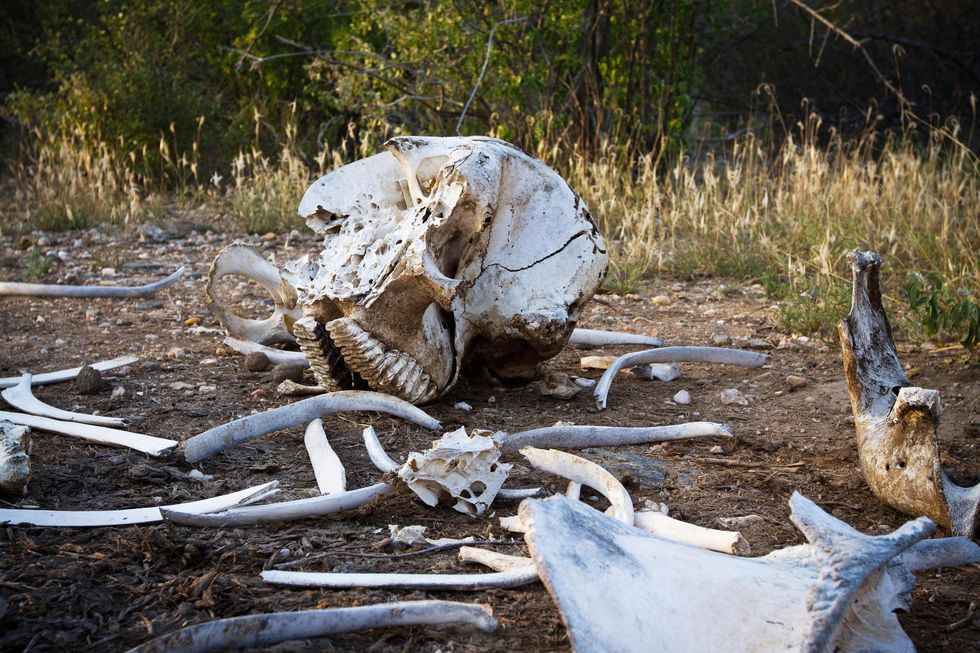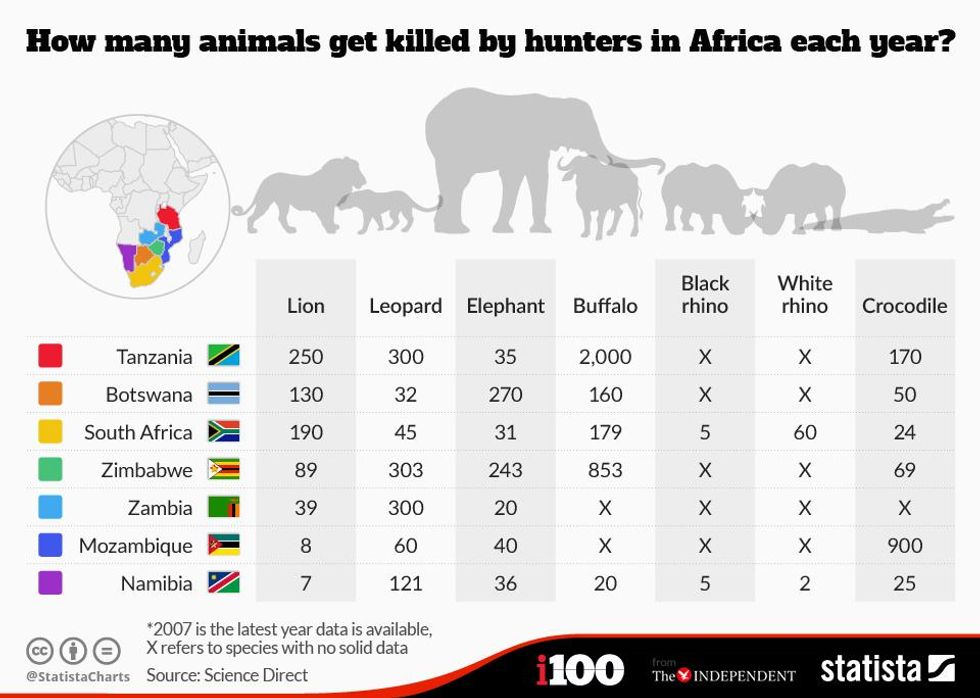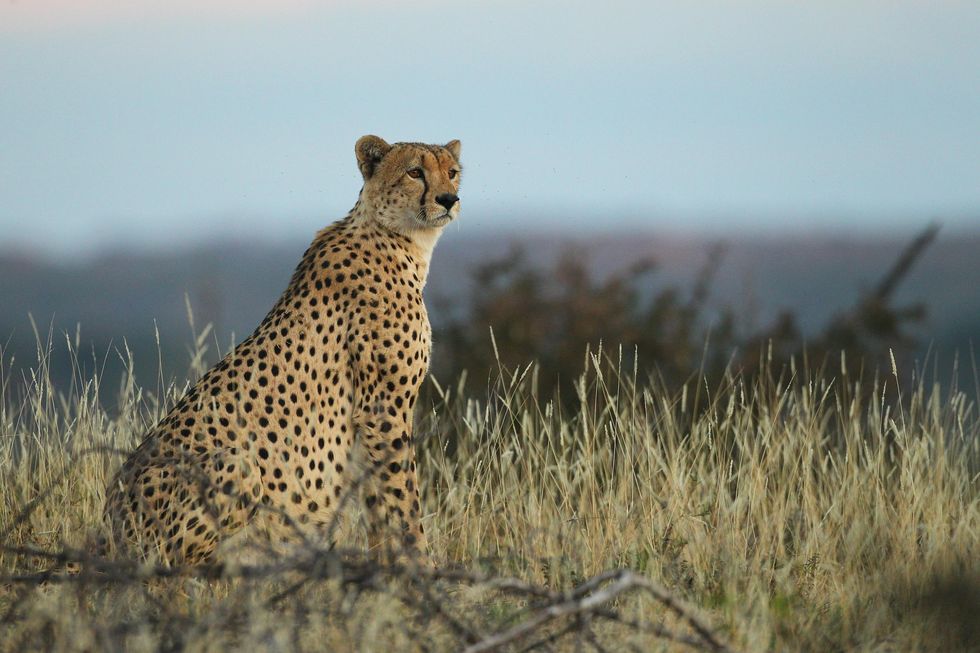News
Bethan McKernan
Jul 30, 2015

Everyone in the world now knows that it cost an American dentist £32,000 to shoot a Zimbabwean lion with a crossbow.
Walter Palmer's main defence for killing Cecil the lion is that he thought the hunt was professionally organised and legal.
I had no idea that the lion I took was a known, local favourite, was collared and part of a study until the end of the hunt.
- Walter Palmer
Two Zimbabwean men who accompanied the dentist have since been arrested, and Palmer himself is also wanted on poaching charges.
Perhaps the biggest question the story has raised is: why is it still legal to kill a protected wild animal for pleasure?
Critics say the trophy hunting industry is poorly enforced across sub-Saharan Africa, and there is a lack of consensus between conservation groups and governments over the economic and ecological effectiveness of using it as a conservation tool.
Proceeds can be siphoned off through corruption; bones, skins and other trophies find their way on to the black market; and the very fact that wildlife roams in and out of parks and protected areas makes it difficult to regulate.
Hunting is banned in Kenya and recently outlawed in Botswana, as the countries depend so heavily on income from tourist safaris.
South Africa, Namibia and Tanzania all allow it. This year, Zambia also announced the lifting of a two-year-old ban on hunting lions and other big cats.
There is evidence that game hunting really does boost animal numbers - in South Africa, for example, when hunting white rhino was legalised, the population shot up from under 100 animals to over 10,000. Hunting was profitable so landowners actively became part of the conservation effort, introducing and protecting herds of rhino on their land.
However, the evidence isn't as persuasive for big cats, and lion hunting in particular. A 2013 study found that "excessive trophy harvests have driven lion population declines" in Zimbabwe, Zambia and Cameroon because policies and quotas are so poorly managed.
Today there are fewer than 30,000 lions in the wild in sub-Saharan Africa, and the International Union for the Conservation of Nature estimates around 600 are killed legally every year, a loss that the dwindling population can't sustain.
In a 2013 report, a group called Economists at Large estimated that trophy hunting generates $200 million in African communities, but said the figure should be used "with caution" and is a relatively insignificant part of total tourism revenue.
More: These are the countries with the most endangered animals
More: The internet wants revenge on the dentist who killed Cecil the lion
Top 100
The Conversation (0)
















